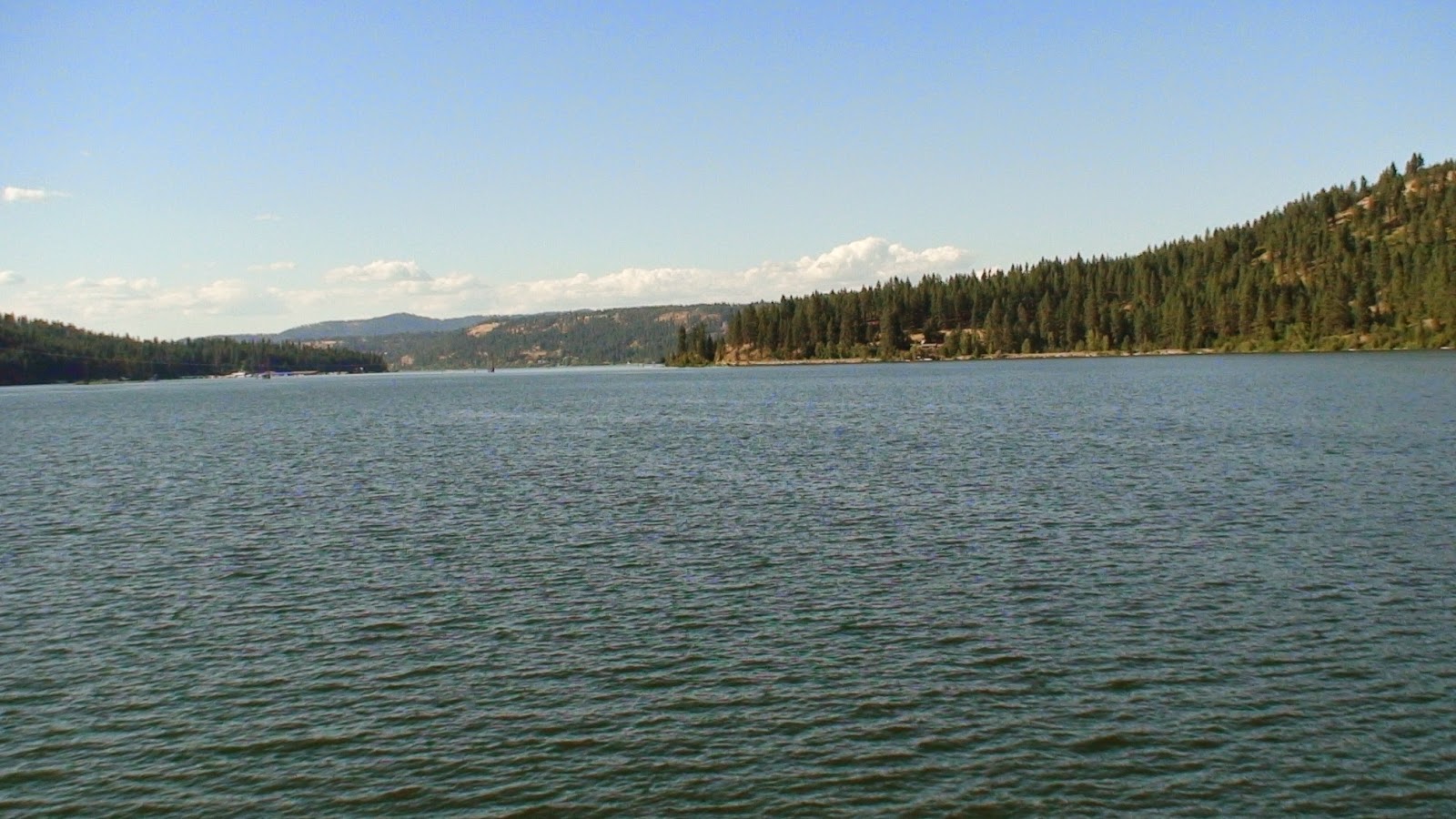While on a trip to Whistler and Vancouver, British Columbia, Canada last week, I read several books. The one that interested me the most was Cheryl Strayed's autobiography Wild: From Lost to Found on the Pacific Crest Trail. Never have I been so full of conflict about a book. If I do not care for a book, I put it down. I did not care for this book but was challenged to find out why.
The writing was both bad and good. The main character had a few likable traits but mostly I did not care for her and her choices. She related parts of her life experiences, real or not, that were foreign and distasteful to me. I disliked her language and morals. I disliked her family. I found it hard to believe that she went on a 1,100 mile long trek along the Pacific Crest Trail (PCT) which runs from the Mexican border to Washington state, is rugged, and traverses through some serious wilderness areas. It was especially hard to read knowing it was written 17 years after she did the summer long hike. She based her recollections on her journal which she never mentioned writing.
I was not of the demographic for this book: young 20 year old somethings who were looking for answers and adventure without actually working for either. So why did I read this long book? I kept hoping for a major change in the author because she finally took charge of her life instead of letting serendipity and dumb choices rule her life. Was she ever going to learn? And if so, what was she going to learn?
Most of the book was driven by her inability to accept the tragic death from cancer of her young mother, aged 45; Cheryl was in her early 20's when this happened. I am sure she was devastated but never possessed the skills or support system to be able to work through this challenge. She says she was able to understand it by the end of the hike. Hmm.
Strayed, an illogical made up legal name, took on a solo hike without any preparation except some wrong advice from a outfitters store and an old copy of someone else's experience hiking the PCT. She did not practice before hand, packed her back pack the night before she started the hike without knowing how to use many of the items she tried to carry. She had not broken in her hiking boots and was woefully unprepared for what life always hands you: unexpected often dangerous situations.
Again I wondered why I read this book. Strayed used metaphors poorly, left the reader hanging on some precipitous literary overhangs and with questions about the veracity of her sentences. BUT...she kept my interest through out. I kept expecting her daily struggles to be more interesting. I wanted her to learn some things along the way. I kept hoping for both. Instead, Stayed returned again and again to flashbacks to explain her present circumstances as if they were an excuse for her poor choices. Doing heroin for months on end, assessing every man for his potential for sex (should I ask him or will he ask me?), and marital and familial infidelity all were big events in her life. Unlike other readers, I did not mind the flashbacks as disabling to the concentration of the reader. She was able to move the story along seamlessly through them. Her days were monotonous with she wrote each line using the same description ad nauseum of how stinky and dirty she was, how her toenails were black and falling off and how often she laid in her tent at night wanting to read but not being able to. Yet I kept reading.
If I could understand the reasons for my reading this tome, I would write a best seller about an unsympathetic person who spends her days making poor choices and not bathing. It will be about a woman who professes to have read great literature but then has no intelligence to prepare to hike along miles of rugged desert territory. I will meet people along the way but distance myself from then because "I vont to be alone!" but never uses the time alone to think through her the reasons for her past choices or plan for a more stable future.
If we writers could let go of what we have learned about writing and try some absurd plot, maybe we too would be famous. Obviously there are points I did not understand about Strayed's writing. She has written several other successful books which I will not read.
I should have known I would not like this book when I realized it was an Oprah 2 book club choice. I never like the books Oprah chooses. This book is a national best seller and an about to be released movie starring Reese Witherspoon.
Have you read books you did not like and not because your book club was going to discuss them next week? Why did you do so? What compels us, especially writers who should know better, to read a book where we do not care for the main character or believe in the supposed veracity of the tale?












 I write young adult and middle grade novels. I'm represented by Peter
Knapp at Park Literary. Look for my debut young adult novel, LIBRARY
JUMPE
I write young adult and middle grade novels. I'm represented by Peter
Knapp at Park Literary. Look for my debut young adult novel, LIBRARY
JUMPE








